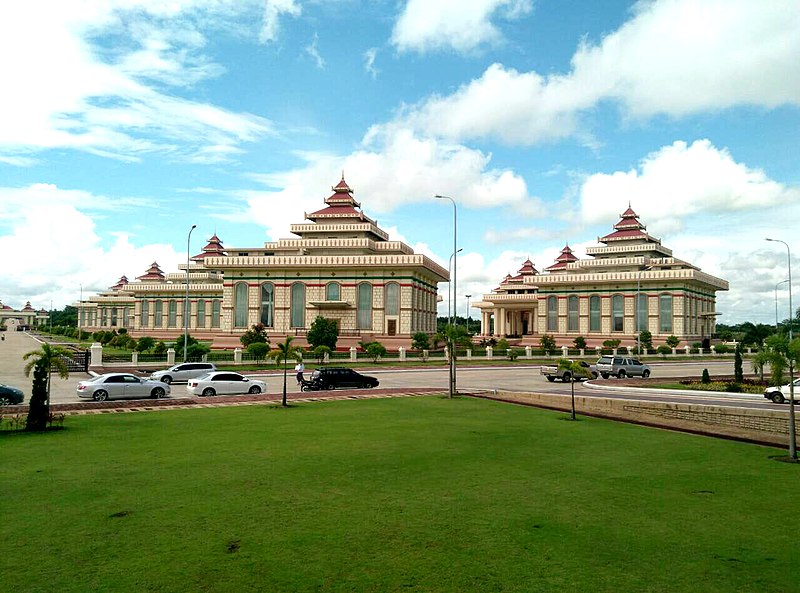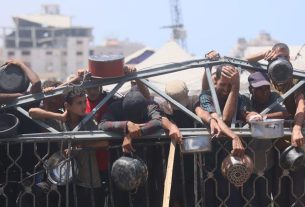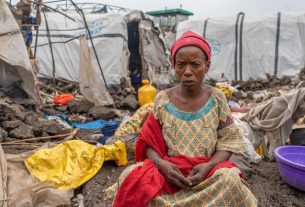In a move commemorating Myanmar’s 77th anniversary of independence from British colonial rule, the country’s military government announced the release of 5,864 prisoners on Saturday. The amnesty, a traditional practice tied to national milestones, is seen as an effort by the junta to project an image of clemency amid ongoing internal conflict. However, critics argue that the release largely overlooks political prisoners and does little to address broader issues of political repression.
The amnesty includes 180 foreign nationals who will be deported after their release, and 144 prisoners serving life sentences had their terms reduced to 15 years. Many other prisoners received sentence reductions of up to one-sixth. However, the amnesty comes with a strict stipulation: any released individual who re-offends will be required to serve the remainder of their original sentence, along with new penalties.
Despite the scale of the release, it has been criticized for not benefiting political prisoners, including former State Councillor Aung San Suu Kyi. Since the military coup in February 2021 that ousted her democratically elected government, Aung San Suu Kyi has been under house arrest. She was sentenced to a total of 27 years in prison after being convicted of multiple charges, including corruption and violations of disaster management laws. Although she received a partial pardon, she remains one of the most prominent figures still imprisoned under the junta’s rule.
The coup that overthrew Aung San Suu Kyi sparked widespread protests, a civil disobedience movement, and escalating armed conflict across the country. To date, more than 25,000 people have been arrested on political charges, with approximately 20,000 still incarcerated. Despite the amnesty’s broad scope, the junta’s failure to release significant numbers of political detainees highlights the ongoing human rights concerns that continue to plague Myanmar.
Amnesties such as this have been a regular feature of Myanmar’s political landscape, dating back to the colonial era, but critics argue that they are used as a tool to reinforce the military’s authority and offer a façade of humanitarianism rather than addressing the systemic political and human rights abuses that persist.
As Myanmar continues to grapple with its political crisis, the military government’s mass release of prisoners may serve to distract from the ongoing unrest and serve as a temporary gesture toward international diplomacy. However, without addressing the core issues of repression, it is unlikely to lead to meaningful change.
| Picture by Mayor mt on Wikipedia CC-BY-SA-4.0 |



